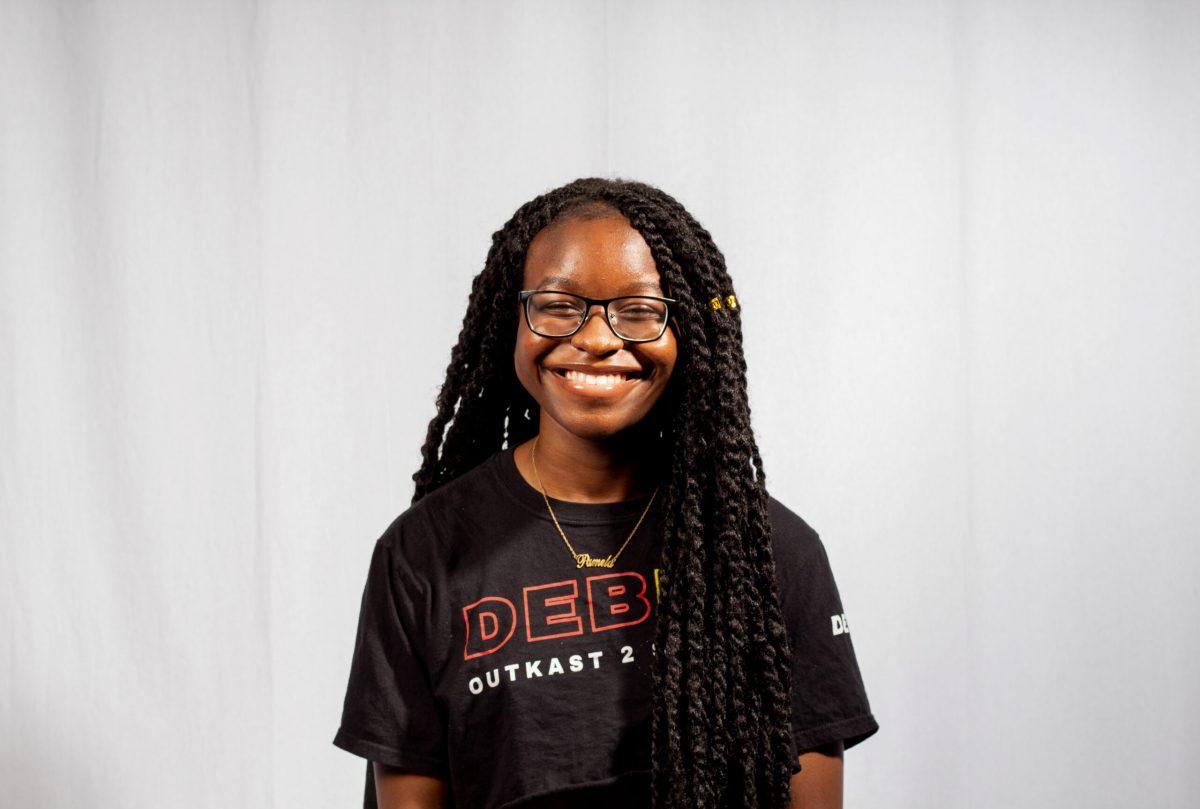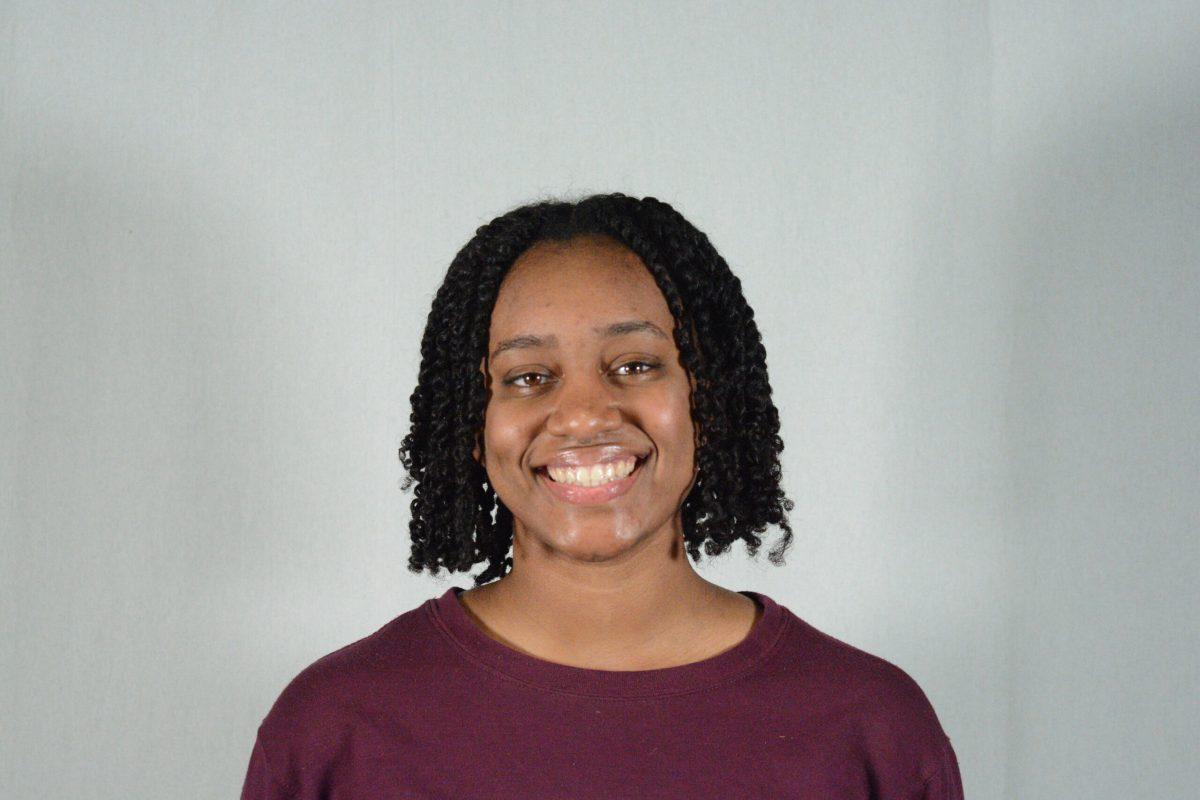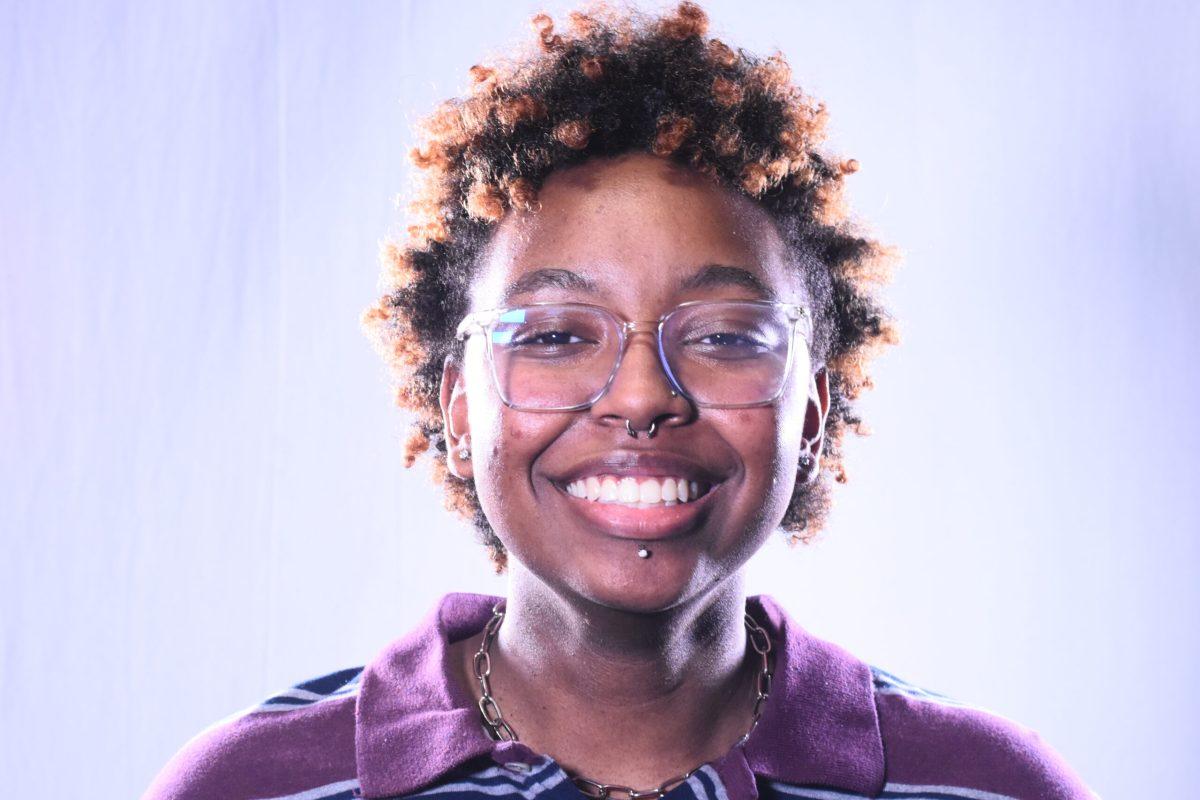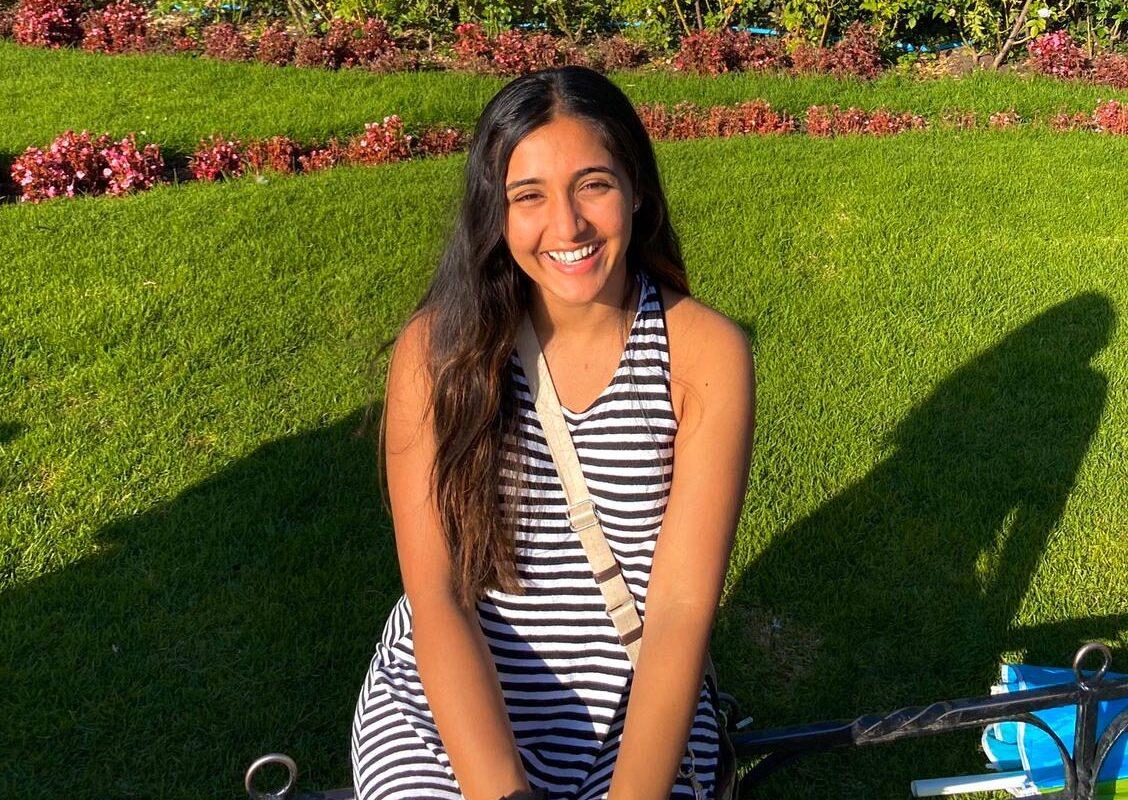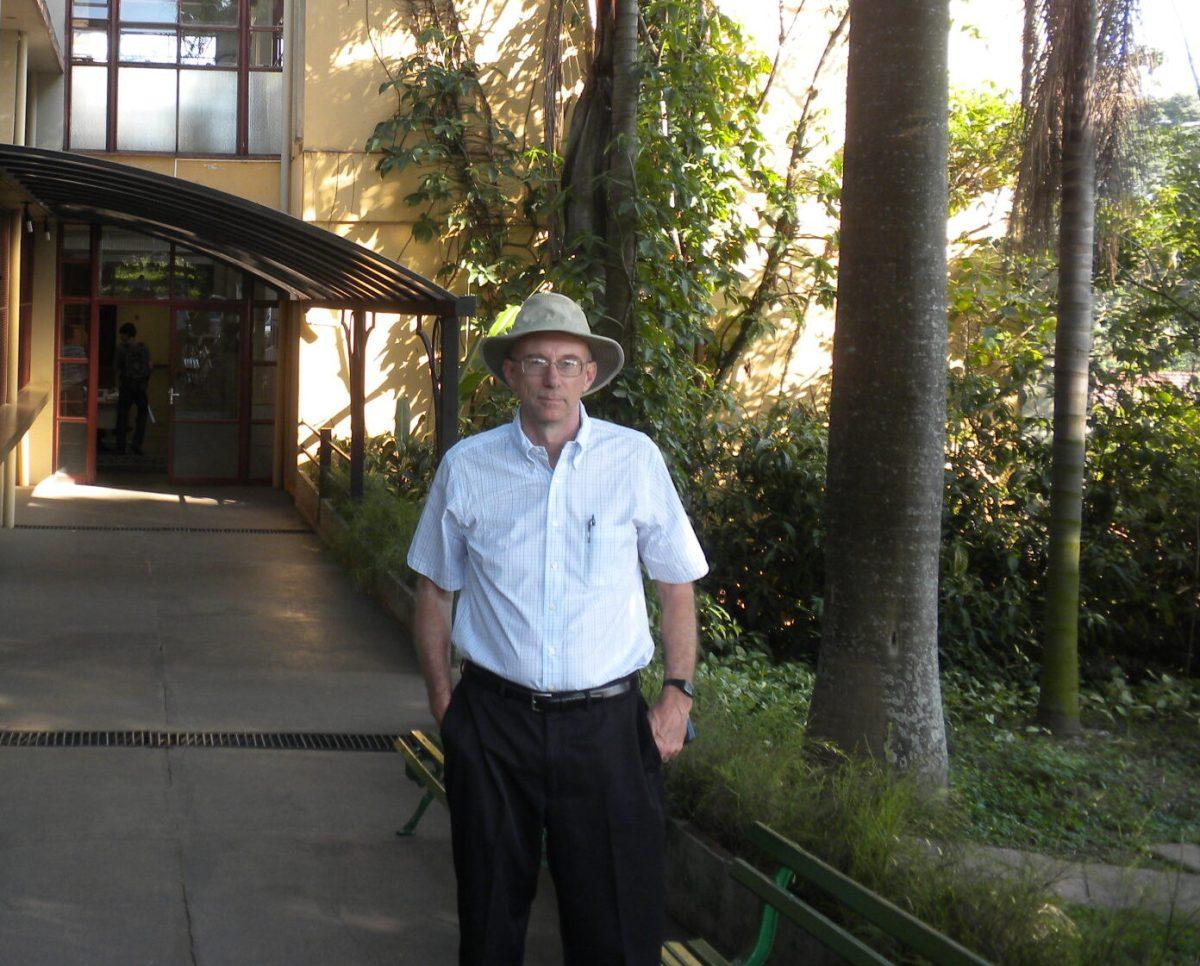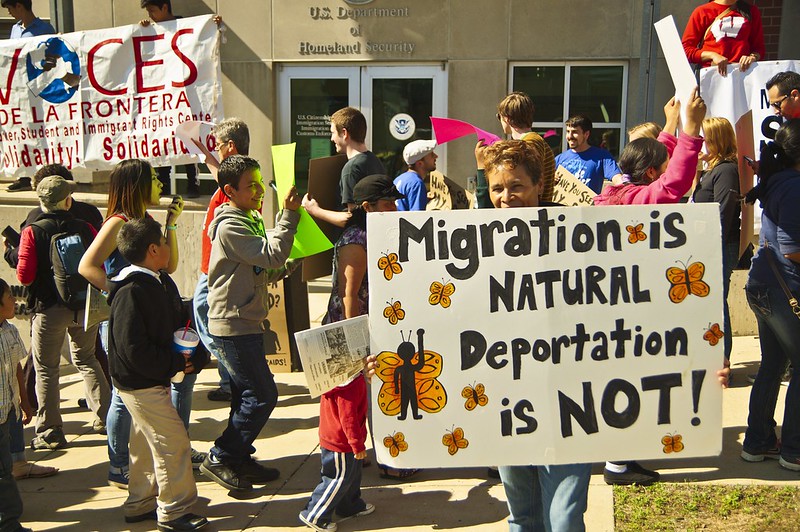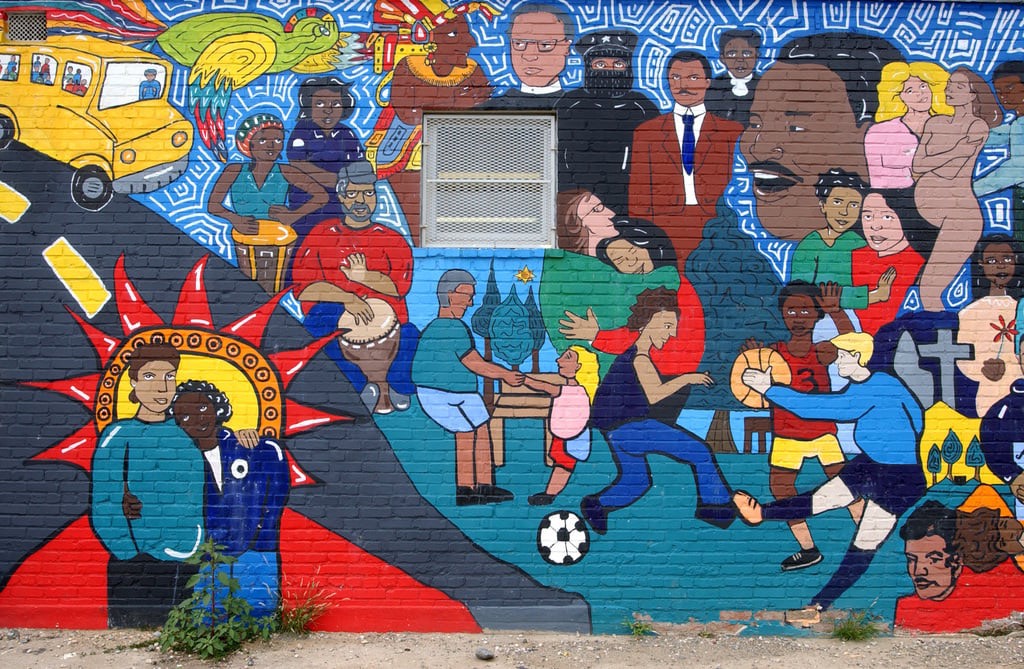Naz Santiago | Correspondent
Kwanzaa is a celebration honoring African heritage. One of the seven principles of Kwanzaa is Ujima. Ujima is the third principle of the holiday which stands for collective work and responsibility.
The definition for Ujima is “to build and maintain our community together and make our brother’s and sister’s problems our problems and to solve them together.”
As a community, it is important to help one another, taking responsibility and allowing ourselves to serve our fellow minorities and peers. As college students, one of the many ways in which we can implement collective work in our communities is by mentoring or tutoring within the educational system.
Making our fellow people’s problems our problems is an approach that could be effective in improving our current state. Many minorities are living in conditions that affect their education, their social environment and their racial status which has made them more vulnerable to an imbalance in the educational system. This is a bias in the educational system that we must attempt to fix.
Many children in minority homes, usually Black and Latinx, end up attending schools that are poor and underfunded, with a lack of resources and educational tools that could further improve their learning as well as teachers who are not quite qualified.
This can really be a problem because this affects the child’s learning, leaving them behind. We must take action now in order to alleviate the lack of opportunity these children are getting compared to white children.
It is essential to guide the youth in the community through the right path and encourage them through their educational journey. Seeing someone of a similar or the same race can also help to further motivate these children. When a mentor and a mentee share the same culture or race, it is often a good opportunity for the mentee to connect with their race or roots.
Starting with the youth is always a good idea when trying to work towards social change. This could help develop a generation of kids who are not completely lost in the system but could be thriving in a system that doesn’t work with them but often against them.
We could be providing them with some of the tools that they are lacking in the system and aide them while allowing them to confide in someone who understands.
Some of us have been there, going to a school where there was a lack of educational resources. As students of color, it can easily hit home.
There are many programs in college that allow students to mentor kids in elementary school. Read to L.E.A.D is one of those programs, a literacy organization promoting diversity and social change through mentoring the youth in the community.
Mentoring kids can also benefit us as college students, giving us skills to work with. It is also an eye-opening experience that metaphorically takes off one’s blindfold on the conditions in the educational system.
Often, we believe that this might not affect us, or that we won’t make much change through taking responsibility for such things. So how is it our responsibility? It is our responsibility because we are supposed to be the ones ensuring a better future for us and those who come after us, ensuring a better educational future for our Black communities or Latinx communities.
Starting small can often do so much when trying to change a current condition in social institutions, even if it takes a while, it is a good way to maintain literacy within our communities and for our kind to embrace their diversity.
It is indeed our responsibility, what we fail to try to change could further affect us, anything affecting our community should be our problem. Mentoring children can be a way of problem solving and trying to undo what the system has been doing. This type of volunteering could make serious social change within the educational system if only we made it a common project throughout our communities.

